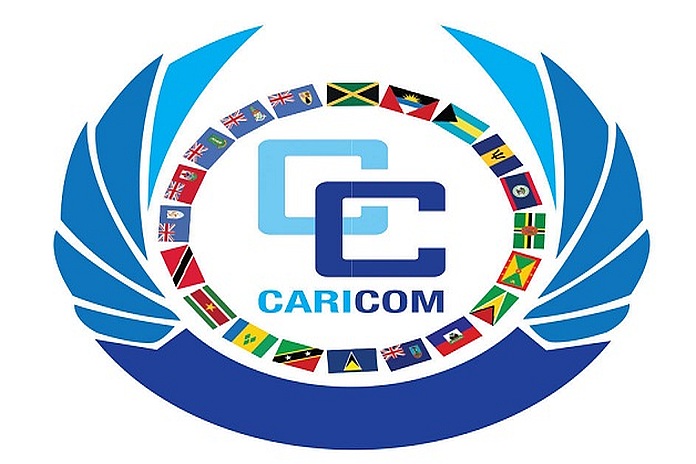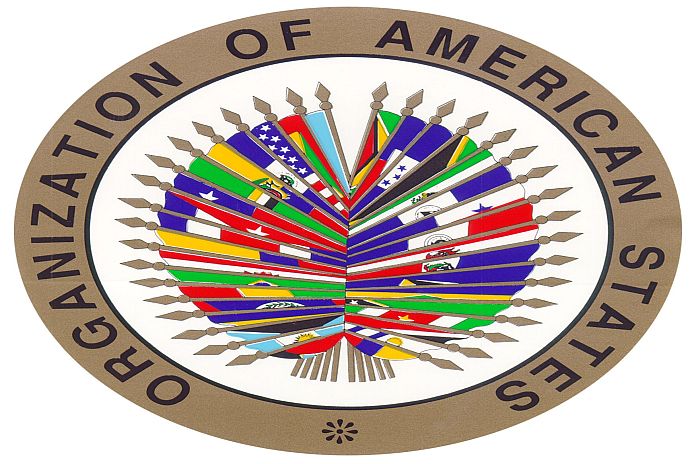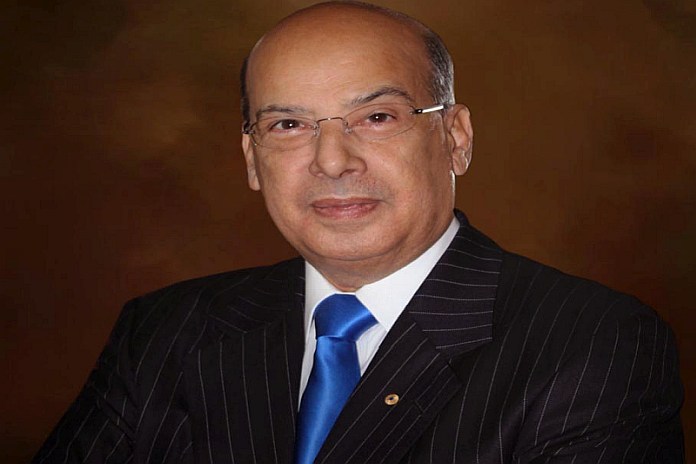WASHINGTON, USA – The following is a statement for International Human Rights Day at the Permanent Council of December 15th 2021, by Sir Ronald Sanders, Ambassador of Antigua and Barbuda on behalf of the CARICOM Group:
Mr President – Many of the human rights violations and abuses witnessed in this Hemisphere do not occur in the CARICOM region.
That is not cause for CARICOM self-praise; rather, it is incentive for continued commitment within CARICOM to upholding the worth and dignity of the individual and for depriving no person of their liberty, or of their right to freedoms of expression, or of political and religious choice.
It is also reason, for deploring the incidents of human rights violations and abuses where and when they occur in our region and in the Hemisphere, and for calling to account any government, under whose stewardship, human rights are infringed.
We note that human rights abuses, rooted in institutional racism, continues to exist in member states of the OAS, and that inequities based on racial prejudice and the gains of exploitation, continue to thrive 73 years after the UN Declaration on Human Rights, that we celebrate today.
Some might wonder, how we could celebrate in the Declaration in such circumstances.
One might also posit that, instead of celebrating, we should be lamenting the failure to enable all peoples, in all societies, to enjoy their inalienable rights and freedoms; and the failure to create equitable and inclusive societies.
Mr President, the countries of CARICOM are not perfect, but, beyond question, the principal reason for the social peace and tranquility of the majority of our countries, and for their economic advancement despite the challenges they face, is respect for human rights, including the right to education, to health services and to equality of opportunity.
Were it not for the larger freedom enjoyed by the people of the majority of CARICOM countries, they could not have risen from the general backwardness and neglect that were the conditions they inherited at independence as the legacy of colonialism.
Similarly, they could not have drawn on their innate creative and intellectual capacity to contribute to the social and economic advancement of both their own countries and of the global community.
That is why the Charter of Civil Society, which governs the member states of CARICOM, demands that its member countries “shall promote and encourage the effective exercise of civil and political rights and, within the limits of their resources, economic, social and cultural rights all of which derive from the inherent dignity of the human person, and which are essential for the free and full development of the person”.
Of great importance to the CARICOM region now is the connection between human rights and environmental rights.

We recall Principle 1 of The Stockholm Declaration on the Human Environment which states that “man has the fundamental right to freedom, equality and adequate conditions of life, in an environment of a quality that permits a life of dignity and well-being.”
The conditions of life of the people of CARICOM, whose members are either island states or continental countries with low lying coastlands, are now significantly threatened by global environmental degradation and pollution caused by CO2 emissions.
In the last ten years alone, our region has suffered loss and damage totaling more than $100 billion dollars – a significant sum for small economies.
There has been no attention to compensation for the loss and damage that our countries have endured, even though people have been displaced and dislocated; lives and livelihood have been lost; and economies have been crushed.
This retardation of our economic growth is enlarging poverty and snatching away the fruits of human endeavor.
Mr President, our commemoration of Human Rights Day and our celebration of the Declaration of Human Rights begin to seem insincere, when the actions of one group of humanity result in the deprivation of the human rights of another.
The majority of OAS member states in Central America, the Caribbean and countries of South America, as well as more than 100 other countries, are the victims of 10 major polluting countries, eight of which are either Permanent Members or Permanent Observers of this Organization.
Suppressing political action, arbitrary arrests of political opponents, jailing journalists, and inventing laws for partisan political ends are all egregious human rights violations that deserve the strongest condemnation and the swiftest action to stop tyranny and autocracy.
But so too are the neglect of other factors necessary for the enjoyment of human rights.
Crucial to such factors are economic and social development without which human rights can never flourish.
Human rights will not be attained in conditions of persistent poverty, of inequity, and of injustice.
That is why, today, we will not simply make a trite and ritual statement, praising Human Rights Day and the Human Rights Declaration.

Instead, we call on this OAS to broaden its work in upholding human rights to include the woeful conditions that we know exist, but that it is more convenient to ignore.
The work of the OAS must not be limited to the mantra of “more rights for more people”.
It must be broadened and strengthened to deliver all rights for all people.
If not, human rights might exist, but it will be the preserve of the rich, the privileged and the elite.
In other words, rights would be for some humans, not all.
And, all the words, declaring the rights of man that have been inscribed in Charters for over for eight decades, will not be worth the faded paper on which they were written.
Thank you.





